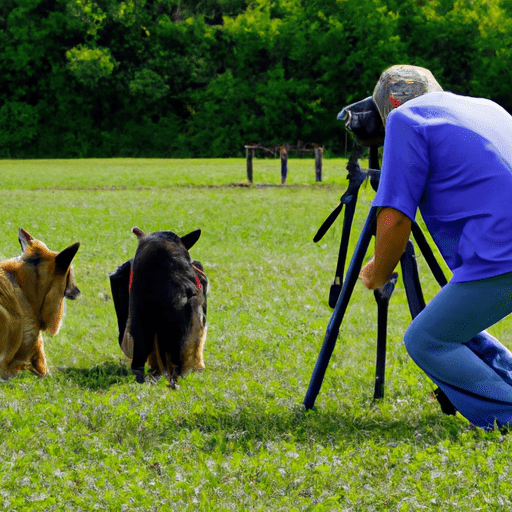Breeding dogs is both an art and science, and if you’re considering it, it’s crucial to approach it with the utmost care and consideration.
Understand the Basics of Breeding
Before you venture into dog breeding, it’s critical to understand the basics. Breeding is not just about letting two dogs mate. It’s about ensuring the health and well-being of both the parent dogs and the puppies.
-
Choose the Right Breeds: Not all dogs are suitable for breeding. Some have genetic health issues that can be passed down to the puppies. Do thorough research about the breeds you’re considering.
-
Age and Health: Dogs should be at least two years old and in good health before they breed. They should be free from any genetic diseases that could be passed on to the puppies.
-
Breeding Rights: If you own a purebred dog, make sure you have breeding rights. Some breeders will sell dogs with a contract that prohibits breeding.
Preparing Your Dog for Breeding
To increase the chances of successful mating, you must prepare your dog for breeding.
- Health Check: Take your dog to the vet for a thorough health check. The vet should check for any genetic diseases, as well as the general health of your dog.
- Nutrition: Your dog needs to be on a healthy diet to ensure they’re in the best condition for breeding.
- Exercise: Keep your dog physically fit. A healthy body weight is crucial for breeding.
The Breeding Process
Understanding the breeding process is key to a successful mating. Here’s a basic outline of what to expect:
- Estrus Cycle: The female dog will go into heat. This cycle lasts for about three weeks. The best time for breeding is around the 10th to 14th day of the cycle.
- Mating: Once the female is ready, introduce the dogs. They should be comfortable with each other before mating.
- Post-Mating Care: After mating, take care of the female dog. She may have special nutritional needs during her pregnancy.
Potential Challenges and Solutions
Breeding dogs can come with many challenges. It’s crucial to be prepared for these potential issues.
| Challenges | Solutions |
|---|---|
| Failure to Conceive | Consult a vet to check for any health issues. |
| Health Issues During Pregnancy | Regular vet check-ups can help monitor the dog’s health. |
| Difficulty During Delivery | Emergency vet care may be required if the dog has difficulty during delivery. |
After Care for the Mother and Puppies
After the puppies are born, the mother and her litter will need special care.
- Nutrition: The mother will need a diet rich in nutrients to feed her puppies and recover from the birthing process.
- Health Check: Regular vet check-ups for the mother and puppies are crucial to ensure their health.
- Socialization: Once the puppies are old enough, start socializing them. This will help them become well-adjusted adults.
Frequently Asked Questions
- When is the best time to breed my dog?
The best time to breed your dog is usually around the 10th to 14th day of their estrus cycle.
- How often can a female dog breed?
It’s best to allow a female dog to rest and recover for at least a year between each litter.
- What if my dog fails to conceive?
If your dog fails to conceive, it’s best to consult a vet. They can check for any health issues that might be preventing pregnancy.
- How can I ensure the health of the puppies?
Regular vet check-ups, proper nutrition, and early socialization will go a long way in ensuring the health of the puppies.



